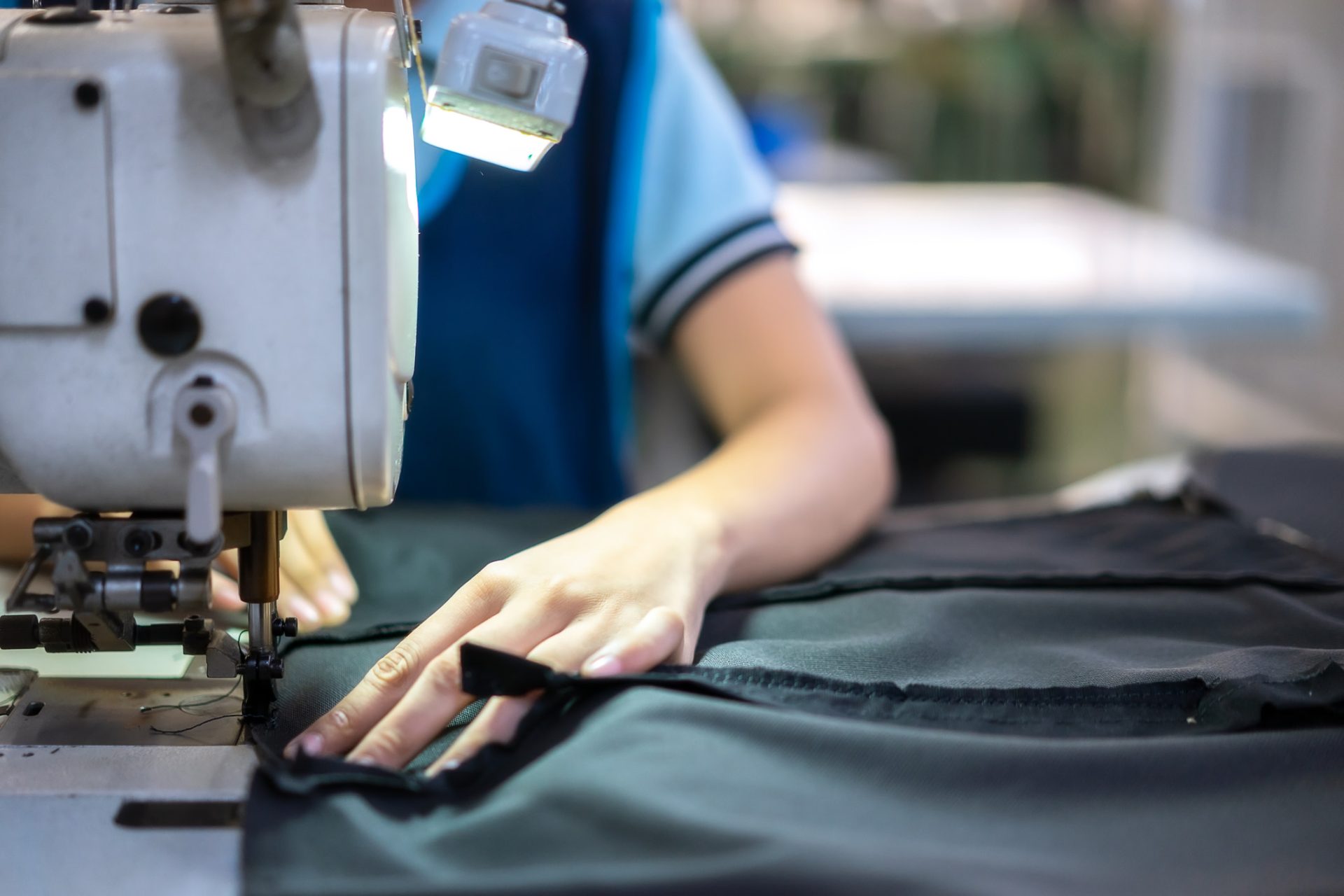A report from the Business & Human Rights Resource Centre has called out many major fashion brands for their harmful labor practices.
What’s happening?
Al Jazeera stated that the report, titled The Missing Thread, looked at 65 global fashion brands. Forty-four of them had previously pledged to reduce carbon emissions, but none of them created a “just transition” policy.
Just transition policies aim to protect workers while companies shift to cleaner energy. Of the 65 analyzed, only two companies are doing anything to protect their workers. One was Inditex, which owns Zara, and the other was Gucci’s parent company, Kering.
Companies that have the least worker protections in conjunction with environmental policies include Hermes, Nike, and H&M.
Why should the fast-fashion industry change its ways?
The BHRRC is calling for major fashion brands to respect the people who work for them. Otherwise, their environmental policies are greenwashing.
As Natalie Swan, BHRRC’s labour rights programme manager, said in a news release: “The fashion industry’s climate targets mean little if the people who make its products are not taken into consideration. It’s not enough to go green. It has to be clean and fair.”
The United Nations Development Programme says that the concept of a just transition was first discussed in the 1980s. U.S. trade unions embraced it so workers weren’t left behind when new pollution regulations took effect.
Just transitions value the public and local solutions. They also strive to create green jobs with living wages and health benefits.
Fast-fashion companies notoriously mistreat their workers, but a just transition could reverse some of the damage. If companies do this effectively, they could drastically reduce the dirty energy they use and the textile waste they produce every year.
What’s being done about the lack of worker protections?
“Decarbonisation strategies, done right, protect workers and communities, reduce long-term risk and lay the foundation for stronger, fairer, and more resilient supply chains,” Swan said in BHRRC’s news release.
Reports like The Missing Thread are pressuring fast-fashion companies to do better. If we keep the pressure up, it’s more likely that companies will change their ways.
In the meantime, breaking up with fast fashion can help. Minimizing what you consume can also be an effective action to take. After all, there’s a reason why “reduce” comes first in “reduce, reuse, recycle.”
Join our free newsletter for good news and useful tips, and don’t miss this cool list of easy ways to help yourself while helping the planet.


